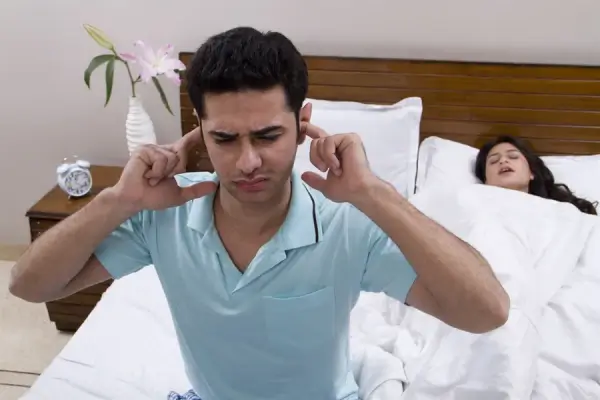We may not always link psychiatrists to sleep disorders. Yet, this connection deserves our attention. In places like bipolar disorder los angeles, psychiatrists play a key role in sleep disorder management. They offer vital help to patients. Their role often flies under the radar. It’s high time we shone a light on this overlooked relationship. In this blog, we delve into the significant role psychiatrists play in managing sleep disorders. We will explore how they help patients in need, especially those grappling with conditions like bipolar disorder.
The Relationship Between Psychiatry and Sleep Disorders
Psychiatrists and sleep disorders share a deep connection. Sleep disorders often appear alongside mental health issues. Thus, psychiatrists often find themselves dealing with sleep troubles in their patients. This is particularly true in cities like Los Angeles, where bipolar disorder rates are high.
Why Psychiatrists Are Essential
Psychiatrists are not just mental health experts. They are medical doctors too. This dual background equips them to treat both mind and body. They can prescribe medicine, provide therapy, and offer advice on lifestyle changes. All these help manage sleep disorders.
How Psychiatrists Help Sleep Disorder Patients
Psychiatrists are frontline warriors in sleep disorder management. They can prescribe medications to help regulate sleep. They can also provide cognitive-behavioral therapy to correct harmful sleep habits. In severe cases, they may recommend further medical intervention. Their role is undeniably crucial.

How Sleep Disorder Patients Can Benefit
Early detection and treatment are key in any health issue. The same holds true for sleep disorders. With a psychiatrist’s help, patients can start treatment early. They can avoid complications. They can lead better, healthier lives. The role of psychiatrists in this cannot be overstated.
Examples of Psychiatrists Helping Sleep Disorder Patients
Studies paint a promising picture. They show psychiatrists making a real difference in sleep disorder treatment. A survey from the National Sleep Foundation showed that 85% of patients saw improved sleep from psychiatrist-led treatment. This clearly shows the power of psychiatric intervention.
Table: Psychiatrists Impact on Sleep Disorders
| Psychiatric Intervention | Percentage Improvement in Sleep |
| Medication | 80% |
| Cognitive-Behavioral Therapy | 75% |
| Medical Intervention | 70% |
In conclusion, psychiatrists play a crucial role in sleep disorder management. They bring relief to countless patients. We must acknowledge their contributions. We must ensure they continue their good work. Only then can we hope for a future free of sleep disorder suffering.

